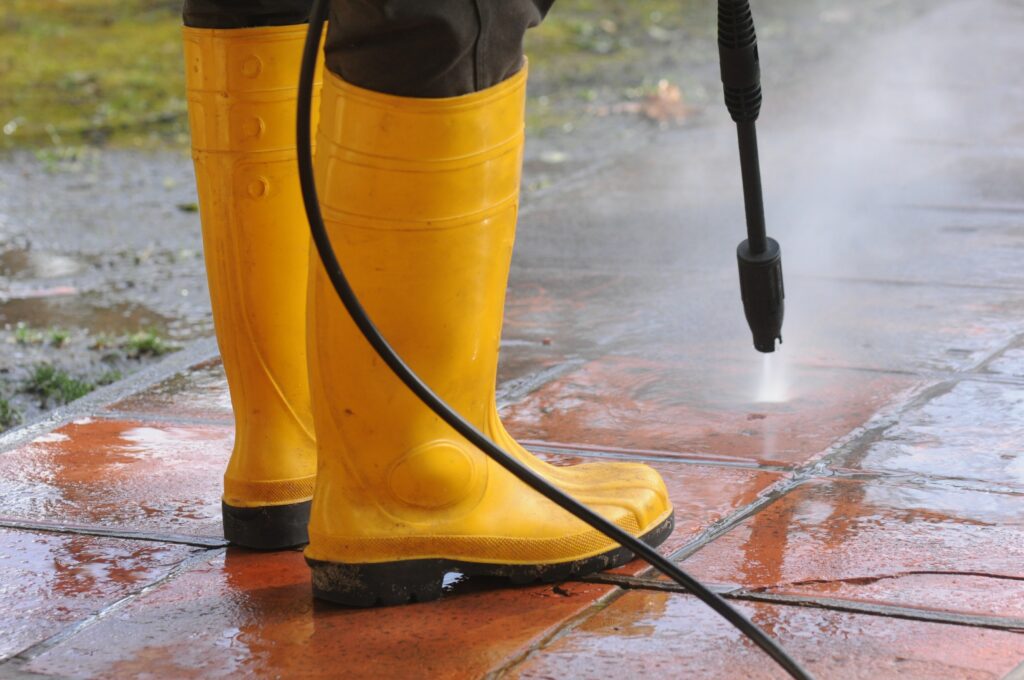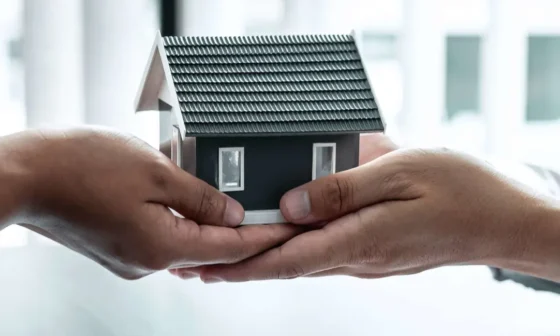
A well-maintained driveway creates an instant impression of a cared-for home, boosting curb appeal and property value. Yet despite our best efforts, weeds persistently find their way through block paving, turning what should be a pristine surface into an unsightly mess. The good news? With a strategic approach, you can eliminate existing weeds and prevent new growth for a driveway that stays looking its best.
Understanding Weed Growth in Block Paving
The gaps between block paving create ideal conditions for weeds – they collect moisture, trap organic debris, and allow sunlight to penetrate. While hand-weeding provides temporary relief, it’s labor-intensive and often ineffective long-term. For lasting results, the best weed killer for block paving combines effectiveness with paving-safe formulation. But weed control is just one component of proper driveway maintenance – a holistic approach yields the best, longest-lasting results.
Step 1: The Deep Clean Process
Begin your driveway restoration with thorough cleaning:
- Remove surface debris with a stiff broom
- Apply a specialist paving cleaner to kill moss/algae
- Use a pressure washer (max 1500 PSI) to blast away grime
- Pay special attention to joints where weeds emerge
- Allow 24-48 hours for complete drying before treatment
Step 2: Effective Weed Elimination Methods
Consider these proven solutions:
- Natural options: Boiling water, salt solutions, or vinegar sprays work for light infestations
- Chemical treatments: Systemic weed killers provide longer protection
- Flame weeding: Effective for immediate results but requires caution
- Combination approach: Many find alternating methods most effective
Step 3: Rejuvenating Your Paving Joints
Proper joint maintenance prevents future problems:
- Remove all old, degraded sand (use a joint cleaner tool)
- Apply fresh kiln-dried jointing sand evenly across surface
- For maximum durability, consider polymer-based jointing compounds
- Use a plate compactor to ensure solid, weed-resistant joints
Step 4: Protective Treatments for Longevity
Invest in preventative measures:
- Apply a penetrating sealer to block moisture penetration
- Choose UV-resistant formulas to prevent color fading
- Consider anti-stain treatments if vehicle leaks are common
- Reapply protective coatings every 2-3 years as needed
Step 5: Ongoing Maintenance Routine
Keep weeds at bay with simple habits:
- Weekly sweeping to remove organic matter
- Immediate treatment of any new weed sightings
- Seasonal inspections for joint deterioration
- Prompt cleanup of oil or chemical spills
When Professional Help Makes Sense
Consider calling driveway specialists when:
- Weed roots have caused significant paving displacement
- You’re dealing with invasive species like Japanese knotweed
- The entire surface needs re-leveling or re-sanding
- You want professional-grade sealing applications
- Drainage issues contribute to persistent weed problems
Enjoying Your Restored Driveway
A weed-free driveway not only looks better but actually lasts longer, as unchecked plant growth can displace blocks and damage foundations. By implementing these restoration and maintenance techniques, you’ll save money on costly repairs while maintaining your home’s best possible first impression. For challenging weed situations or if you’re unsure about treatment options, consult with a local paving specialist who can assess your specific conditions and recommend tailored solutions. With proper care, your block paving can remain beautiful and functional for decades to come.


